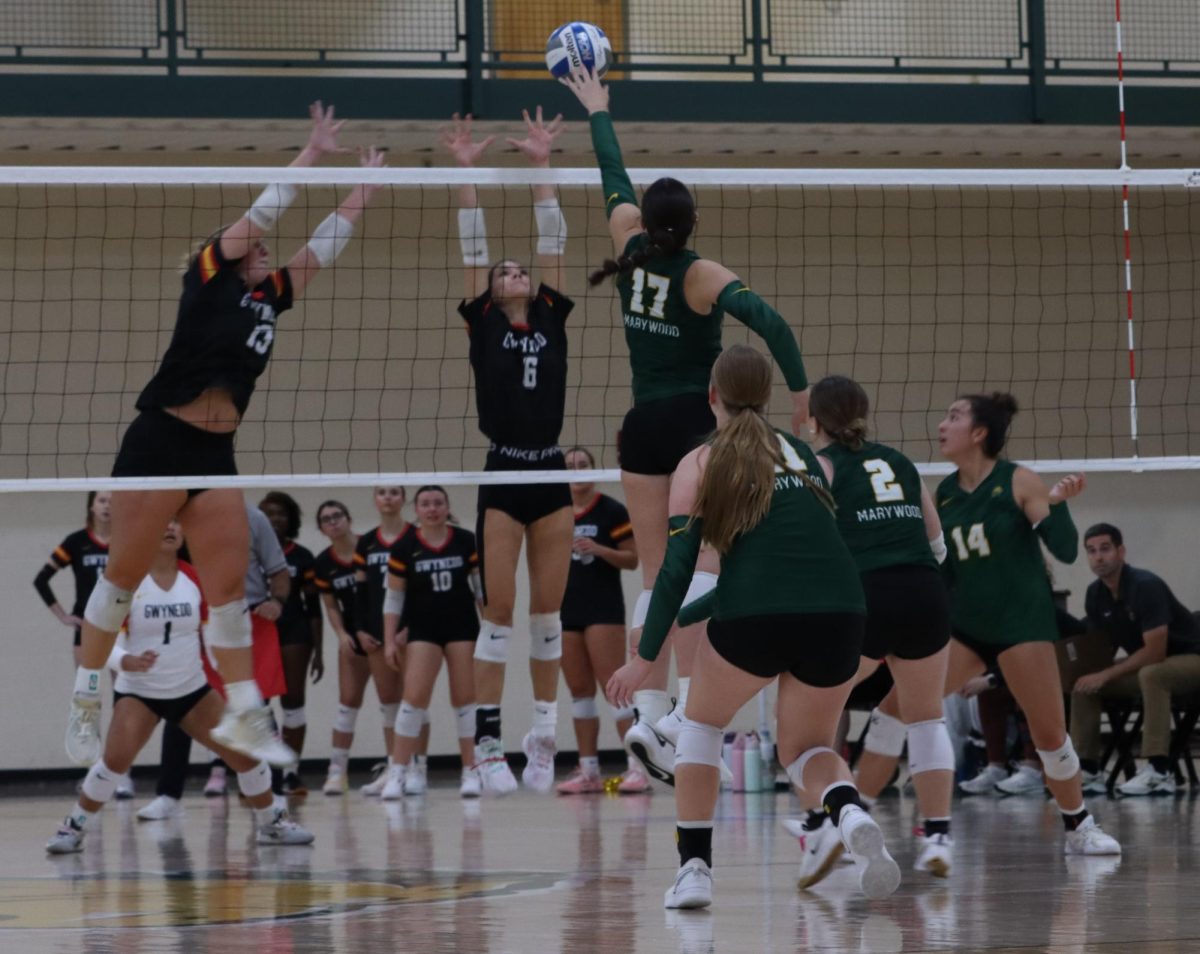In the fall of 2010, Division I colleges and universities adopted legislation that required all incoming student-athletes to complete a sickle cell solubility test as part of the medical examination necessary for athletic participation. In subsequent years, Division II and most recently, Division III colleges and universities followed suit.
The sickle cell trait came into question after it was blamed in the deaths of high school and college athletes. According to the NCAA website, sickle cell trait is “generally a benign condition in which the person inherits one gene for the oxygen-carrying element in their red blood cells – hemoglobin – and one gene for sickle shaped hemoglobin.”
Individuals with the sickle cell trait live normal, healthy lives. As stated on the NCAA website, “Only in situations where the body is pushed to extreme conditions, as athletes do, can the trait sometimes cause red blood cells to sickle and block blood vessels, denying oxygen to muscles and organs.”
Division I colleges and universities adopted the mandatory screening in order to keep student-athletes safe while competing in sports.
For Division III colleges and universities, the official ruling of mandatory sickle cell trait testing came into effect for all incoming freshmen and transfer students in the fall of 2013. Current student-athletes must provide sickle cell documentation in the fall of 2014.
Student-athletes at Marywood were notified of the new test requirement through a letter sent to both student-athletes and to parents of student-athletes in January.
“We also spoke to our coaches to make them aware of the change and to take along these letters and updated physical forms when they were speaking to recruits and incoming players,” said Melissa Knabel, head athletic trainer. “All of the new forms were posted to our website so the information could be easily accessed.”
The letter sent out to student-athletes outlined how sickle cell trait status is confirmed. Most children receive the sickle cell trait test at birth. In this case, birth documents should be checked for a listing of sickle cell trait status. The blood test can also be completed by a medical provider during a routine physical examination. The cost is estimated to be between $10 and $20 and test results usually take several days to be processed.
Student-athletes also have the option of opting out of the sickle cell test by signing a waiver and reviewing some educational materials on the inherent risks of participating in sports with sickle cell trait.
“If the waiver was not an option, we may have received more complaints, but as is everyone seems fine with it,” said Knabel.
So far, the new policy hasn’t elicited a negative reaction from student-athletes.
“I think it’s a good idea for student-athletes,” said Kim Martin, senior health and physical education major. “The more precautions that can be taken, the better.”










